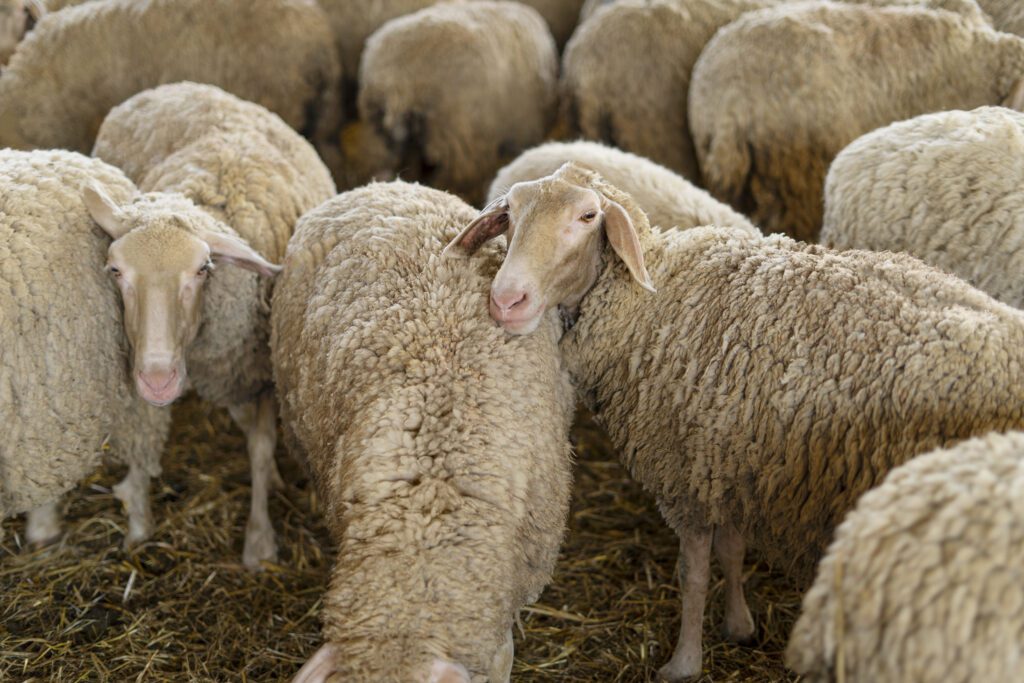Since August 2024, France and several other European countries have been facing a new outbreak of bluetongue (BT), a viral disease transmitted by biting midges, also known as Arabis. This outbreak, which has already affected numerous farms, poses a serious threat to farmers and the health of their livestock. With more than 190 confirmed outbreaks in 10 French departments, farmers must urgently take measures to combat the spread of the disease.

Bluetongue disease is a viral disease primarily affecting sheep, but it can also impact other ruminants such as cattle and goats. This disease is caused by the Bluetongue virus (BTV), which is primarily transmitted by blood-sucking diptera of the genus *Culicoides*, commonly referred to as “biting midges.”
Infected animals may develop symptoms such as high fever, inflammation of the mucous membranes, excessive salivation, as well as swelling and oral lesions. In some sheep, cyanosis of the tongue (a bluish discoloration due to lack of oxygen in the blood) may occur, giving the disease its name “blue tongue.“
Transmission of the virus mainly occurs through the bite of infected midges. These insects thrive particularly in humid environments and marshy areas conducive to their reproduction.
To effectively combat Bluetongue disease, it is essential to adopt a combined approach. Vaccination is a key preventive measure, particularly against serotype 3, which is currently circulating widely in France. However, vaccination only covers certain serotypes of the virus. Therefore, it is equally important to implement preventive vector control strategies to manage the populations of midges (*Culicoides*), the primary vectors of the disease.
This is where Qista traps in as a complementary tool, providing a sustainable and environmentally friendly solution. Qista traps are specially designed to capture blood-sucking diptera, including midges like Culicoides. By reducing their population in targeted areas, these stations consequently decrease the risk of virus transmission within farms.
Unlike traditional insecticides, Qista traps offer an eco-friendly solution that has no toxic impact on the environment, while ensuring lasting protection for animals.
By lowering the population of Culicoides, Qista traps actively contribute to limiting the spread of Bluetongue disease, providing additional protection for farmers against this threat.
Bluetongue disease is a complex illness that requires an integrated and multidimensional approach to control. Qista stations provide a complementary preventive solution by effectively targeting the vectors of the disease. Used alongside vaccination and other protective measures, they enable farmers to strengthen their control strategies while preserving the environment through a sustainable and eco-friendly approach.
To protect your livestock and learn more about our innovative solution, contact Qista today.